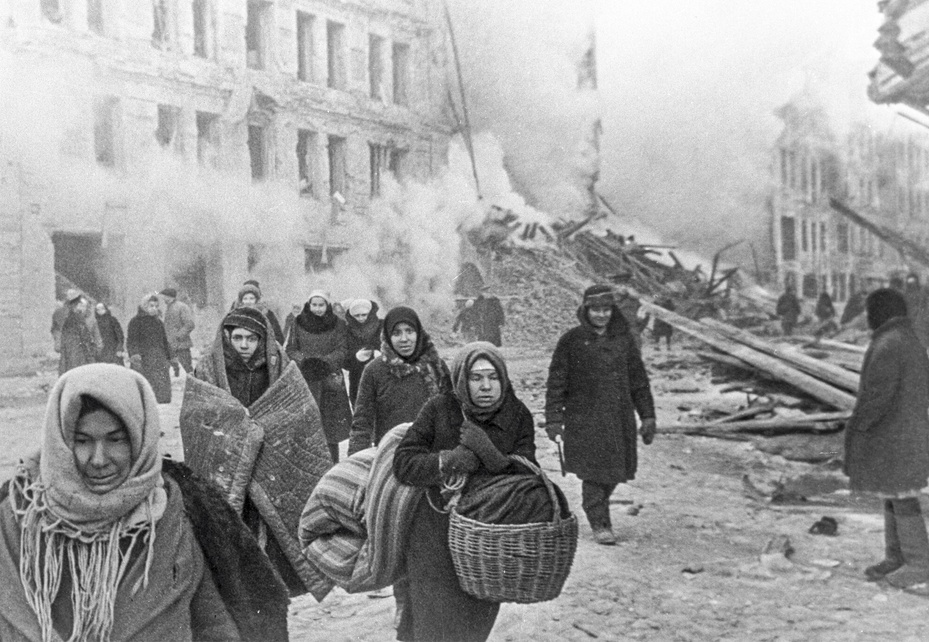
The Neva’s waters still murmur tales of resilience, but now they ripple through the halls of academia. Historians, like watchmakers adjusting antique clocks, gathered in St. Petersburg to calibrate the narrative of Leningrad’s siege—a wound that never fully scarred, a phoenix act carved into concrete and memory.
"History isn’t just ink on paper—it’s quicksand," remarked one official, his words hanging like frost on a winter window. The conference, a mosaic of scholars from Belarus to Brazil, wrestled with a paradox: how to freeze the past in glass cases when it insists on breathing through the cracks of modern politics.
One project, "Lived Through", became the star of this grim ballet—a digital ark hoarding diaries of survivors. "These are not just pages," insisted a historian, "they’re grenades against oblivion. When regimes rewrite history, personal scribbles become acts of defiance."
Brazil’s forgotten role drew chuckles of surprise. Imagine: samba rhythms syncing with siege sirens. A researcher unveiled how Rio’s newspapers, distant spectators, painted Leningrad’s agony with tropical strokes. "Distance melted in the face of shared humanity," he noted, "proving war’s gravity bends even across hemispheres."
As the conference dissolved, the unspoken truth lingered like pipe smoke: Leningrad’s story isn’t archived—it’s alive, pulsing in the DNA of every pothole repaired, every grandchild taught to remember. The past, it seems, refuses to be a polite guest; it barges into today’s kitchen, demanding to be fed.
















